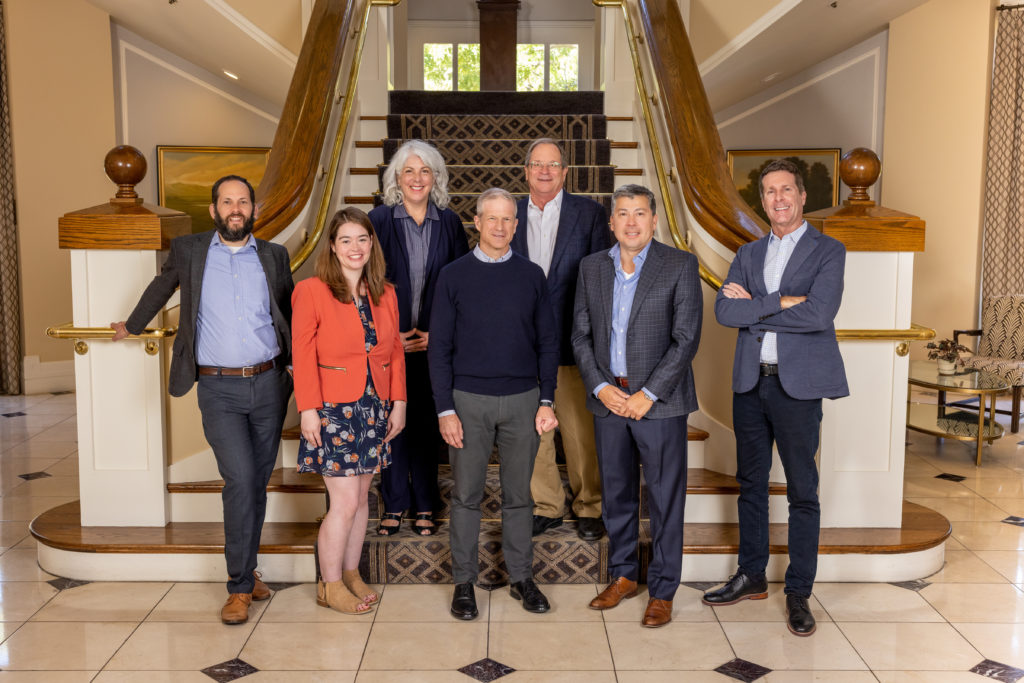Attorneys in the public retirement law practice at Olson Remcho provide cutting edge legal advice, representation, and consulting services to California’s state and local public retirement systems.
Chris Waddell, former General Counsel of the California State Teachers’ Retirement System (CalSTRS), established and heads the practice. Chris, now senior attorney at Olson Remcho, joined Olson, Hagel & Fishburn, LLP in 2008. He previously served as General Counsel for two California public retirement systems; first at CalSTRS, the second largest public pension fund in the country, and later at the San Diego City Employees’ Retirement System (SDCERS).
“California’s state and local public retirement systems, charged with protecting the retirement savings of millions of Californians, have often led the way for retirement systems across the country,” said Chris. “I enjoy working with my clients on the day-to-day challenges of administering their systems and assisting them with resolving complex fiduciary law and governance issues. It’s been exciting and satisfying to me to have been able to play a role in their continuing development and strengthening over the last 24 years.”
The public retirement law team at Olson Remcho also includes partner Kristen Rogers, as well as other senior firm attorneys with exceptional expertise in government law issues and litigation. Several firm attorneys, including Chris, serve as outside general or special counsel to state and local public agencies.
Chris currently serves as the outside General Counsel to the San Luis Obispo County Pension Trust, the Imperial County Employees’ Retirement System, and the San Joaquin Regional Transit District Retirement Board. He also serves as the outside counsel for the CalSTRS Appeals Committee, and as fiduciary counsel the Los Angeles County Employees Retirement Association and two City of Los Angeles retirement systems. He has also worked with SDCERS, the San Diego County Employees’ Retirement Association and the City of Oakland Police and Fire Retirement System. In addition, he has provided advice on fiduciary law issues to the state public retirement systems in Pennsylvania and Maine. Working with Funston Advisory Services, he has assisted with comprehensive governance reviews for the City of New York’s retirement systems and the Texas Teachers’ Retirement System.
While at CalSTRS, Chris worked with Olson, Hagel and Fishburn’s litigation team led by Deborah Caplan and oversaw the strategy that recovered $700 million in unpaid pension contributions plus interest from the State of California in the Teachers Retirement Board v. Genest case. He also developed and administered an innovative securities litigation policy that recouped approximately $200 million in CalSTRS investment losses and worked with the CalSTRS Board in its adoption of significant enhancements to its governance and conflicts of interest policies, including “pay to play” policies and regulations that received national attention.
